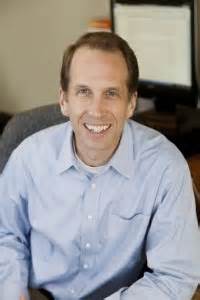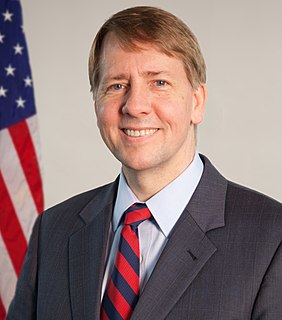A Quote by Alan Thein Durning
If the life-supporting ecosystems of the planet are to survive for future generations, the consumer society will have to dramatically curtail its use of resources - partly by shifting to high-quality, low-input durable goods and partly by seeking fulfillment through leisure, human relationships, and other nonmaterial avenues. We in the consumer society will have to live a technologically sophisticated version of the life-style currently practiced lower on the economic ladder.
Quote Topics
Avenues
Consumer
Currently
Dramatically
Durable
Economic
Ecosystems
Fulfillment
Future
Future Generation
Future Generations
Generations
Goods
High
High-Quality
Human
Human Relations
Human Relationships
Input
Ladder
Leisure
Life
Live
Low
Lower
Other
Partly
Planet
Practiced
Quality
Relationships
Resources
Seeking
Shifting
Society
Sophisticated
Style
Supporting
Survive
Through
To Survive
Use
Version
Will
Related Quotes
Society of leisure perhaps? Indeed, the most remarkable aspect of the transition we are living through is not so much the passage from want to affluence as the passage from labour to leisure. Leisure contains the future, it is the new horizon. The prospect then is one of unremitting labor to bequeath to future generations a chance of founding a society of leisure that will overcome the demands and compulsions of productive labor so that time may be devoted to creative activities or simply to pleasure and happiness.
Economists use the word consume to mean "utilize economic goods," but the Shorter Oxford Dictionary's definition is more appropriate to ecologists: "To make away with or destroy; to waste or to squander; to use up." The economies that cater to the global consumer society are responsible for the lion's share of the damage that humans have inflicted on common global resources.
A new humanity will be born, fuller in conception and richer in experience and accomplishments in all fields. Joy of life will belong to every man, love will dominate human society, truth and virtue will reign in the world, peace on earth will be permanent and all will live in fulfillment in fullness of life in God Consciousness.
When I first saw China, there were no automobiles. There were no supermarkets. There were no high-rise buildings. There were no consumer goods. There were no restaurants that were at least accessible that foreigners could see. It was a Stalinist society, and a very poor Stalinist society. So the economic system has totally changed, and the private sector in the economic system is now the dominant sector. It didn't exist at all as late as 1979.
The constants all through the centuries will be the same; wine, women and song. Other than that, life will be very different technologically. In the year 3000 the universe will be expanding as it will forever, infinitely. We will probe outer space but never find life as evolutionized as ours. We were not created by a deity. We created the deity in OUR image. Life began on this planet when the first amoeba split. Mankind will still be seeking God, not accepting that God is a spirit; can't see it, touch it, only feel it. It's called LOVE.
Governments and politicians use the family as an indicator of the health and strength of social life. Politicians fear that any weakening of family life will in some way sap the vitality of national life.... The family is also important to businessmen. It is one of the major purchasing groups of our consumer society.
The ever-mounting glut of waste materials is characteristic by-product of modern consumer society. It might even be argued that capitalism's continual need to find of generate markets means that disposibility and waste have become the spine of the system. To consume means, literally, to destroy or expend, and in the garbage crisis we confront the underlying truth of a society in which enormous productive capacities and market forces have harnessed human needs and desires, without regard to the long or even short-term future of life on the planet.
Hopefully, we will become a stronger democratic society and avoid falling into xenophobia. Hopefully, we build good relationships with our neighboring countries and, rather than acting for profit for the current generation, acting in a way that will ensure we leave natural resources for future generations.
Human beings are themselves considered consumer goods to be used and then discarded. We have created a “disposable” culture which is now spreading. It is no longer simply about exploitation and oppression, but something new. Exclusion ultimately has to do with what it means to be a part of the society in which we live; those excluded are no longer society’s underside or its fringes or its disenfranchised – they are no longer even a part of it. The excluded are not the “exploited” but the outcast, the “leftovers”.
Economic freedom is in our eyes a good. It is among the highest of temporal goods because it is necessary to the highest life of society through the dignity of man and through the multiplicity of his action, in which multiplicity is life. Through well-divided property alone can the units of society react upon the State. Through it alone can a public opinion flourish. Only where the bulk of the cells are healthy can the whole organism thrive.


































